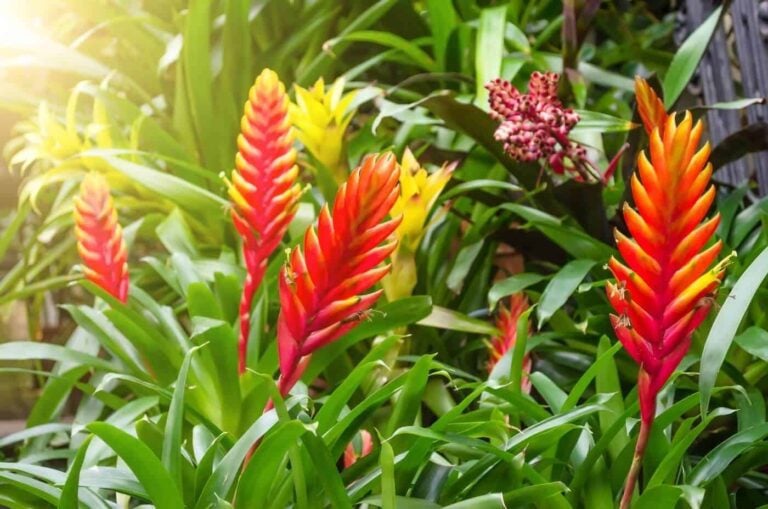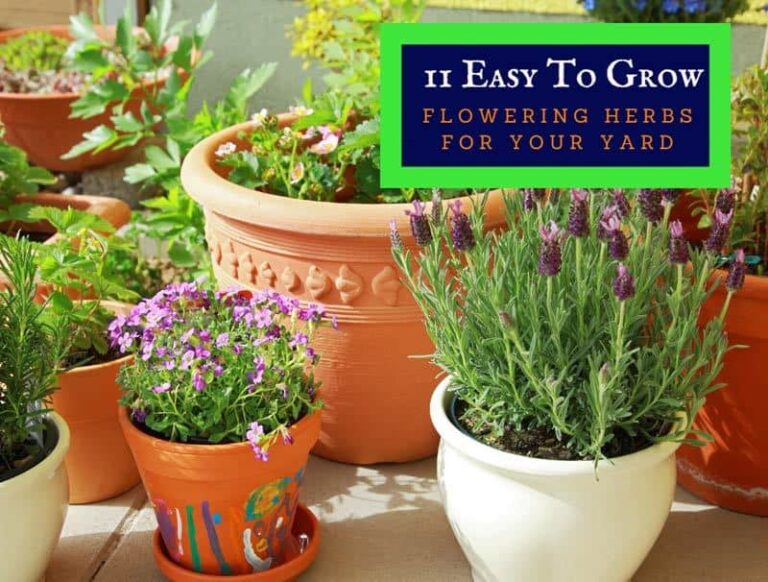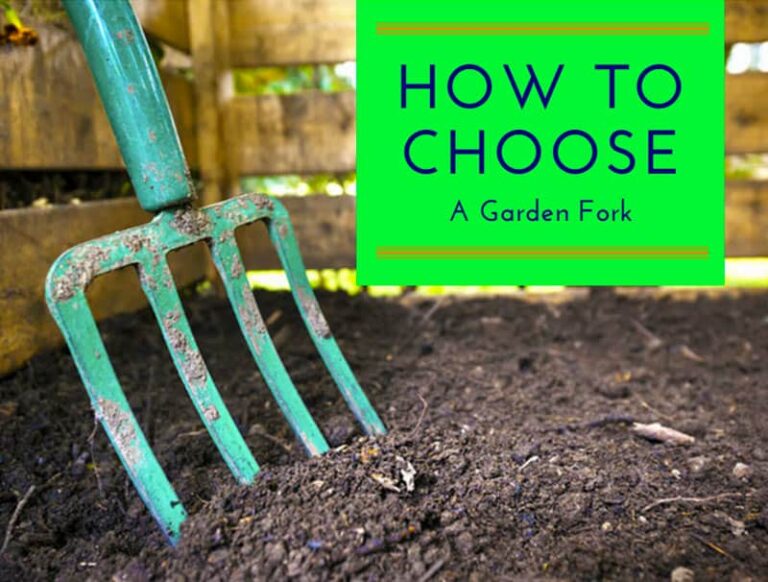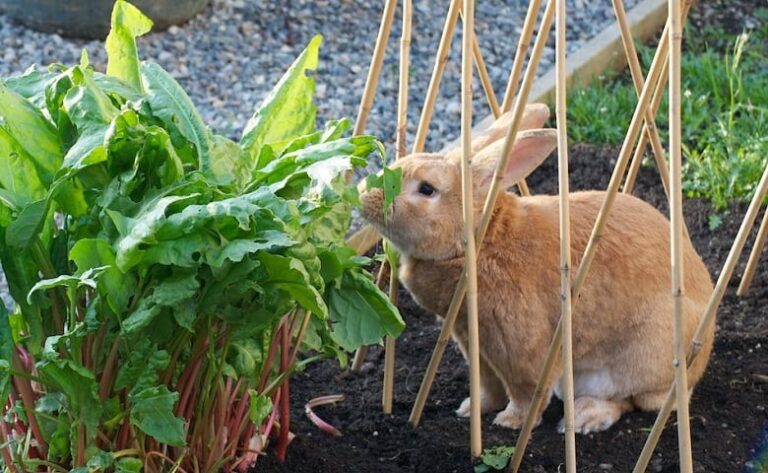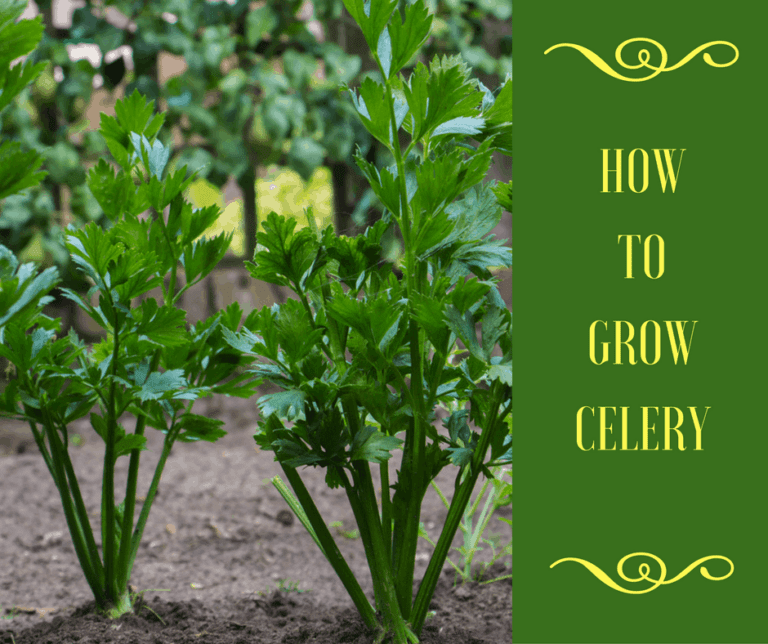Ways To Naturally Get Rid Of Slugs In Your Garden
Hooray! You’ve planted a beautiful garden and everything is growing well! But wait, what are those bite marks all over your prize crops? Looks like you have a slug invasion!
These pesky pests are a gardener’s nightmare, but fear not, we’ve got a whole host of ways that you can get rid of these invaders without damaging your garden’s ability to grow plants, or damage the soil and surrounding areas.
During the spring, the air is moist, and the soil is perfect for inviting everyone’s least favorite guest – the slug – to have a nibble on your beautiful garden.
Especially with fragile seedlings and fresh fruit, even just one or two rogue slugs can be enough to decimate your plants in days if left unchecked.
But don’t worry, there are ways to naturally control them. Before we get into those let’s have a look at why slugs might be in your garden, to begin with.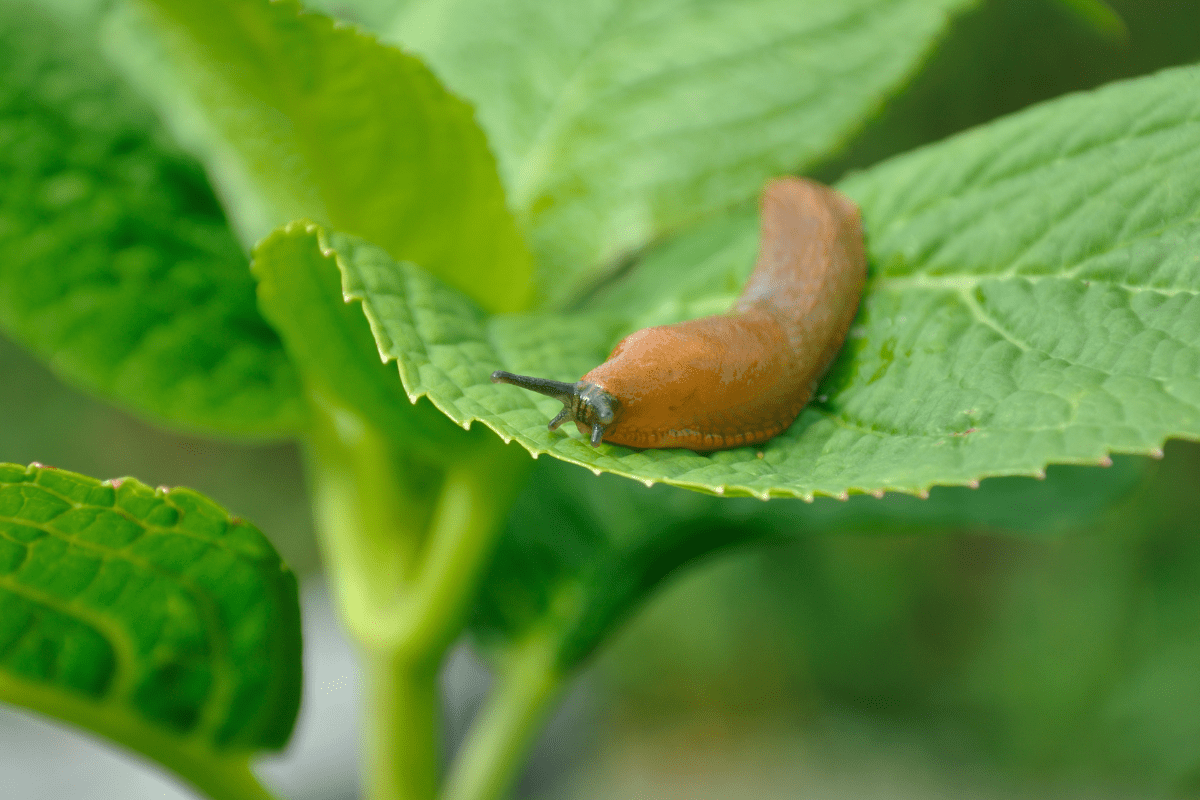
1) They’re looking for food. Slugs are omnivores which means they eat both plant matter and animal matter.
So, when you see a bunch of little bites around your garden, it could mean that slugs are feasting on your prized vegetables, fruits, herbs, and flowers.
If you notice any signs of damage to your plants, then it’s time to take action. The best thing to do is to remove the damaged parts from the area, as this will prevent further damage.
Also, make sure to keep an eye out for any new growths coming up in the same spot. This may indicate that more slugs are about to arrive.
2) They’re attracted to moisture. When the weather gets hot outside, it tends to dry things out. And since slugs need water to survive, they’ll head straight for places where there’s lots of moisture.
Some people say that slugs prefer damp conditions. So, if you notice that your plants are getting wetter than usual, then you should start worrying.
It could be because the rain has been heavier than normal, or maybe your sprinkler system is malfunctioning. Either way, it’s important to fix the issue before it’s too late.
3) They’re attracted to heat. Just like slugs, many other insects also thrive during warmer temperatures. Since slugs tend to live near the ground, they’re often found near the roots of plants.
So, if you find yourself noticing a lot of damage around your plants’ stems, then it’s likely that slugs are causing the problem.
To avoid this, try covering your plants with a floating row cover until the weather cools down again. A floating row cover is a fabric that covers your plants and keeps them cool.
4) They’re attracted to light. Slugs are nocturnal creatures, meaning they only come out at night. During the day, their bodies are exposed to sunlight, so they’re vulnerable.
However, if you notice that you’re having trouble keeping them away from your garden, then you should consider installing lights in certain spots.
This will help deter them from entering your garden, especially if you put them close to your plants.
5) They’re attracted to mulch. Mulching is great for protecting your plants from harsh weather elements, but it also attracts slugs and other creatures because it is so good at retaining moisture.
Slugs love to hide under mulch, so if you notice that your garden looks worse for wear after heavy rainfall, then it’s possible slugs were responsible.
Try removing the mulch and placing it somewhere else, such as in the garage or shed. Or, you can place a barrier between your plants and the mulch. Some barriers are made specifically for this purpose.
What Kind Of Damage Do Slugs Cause?
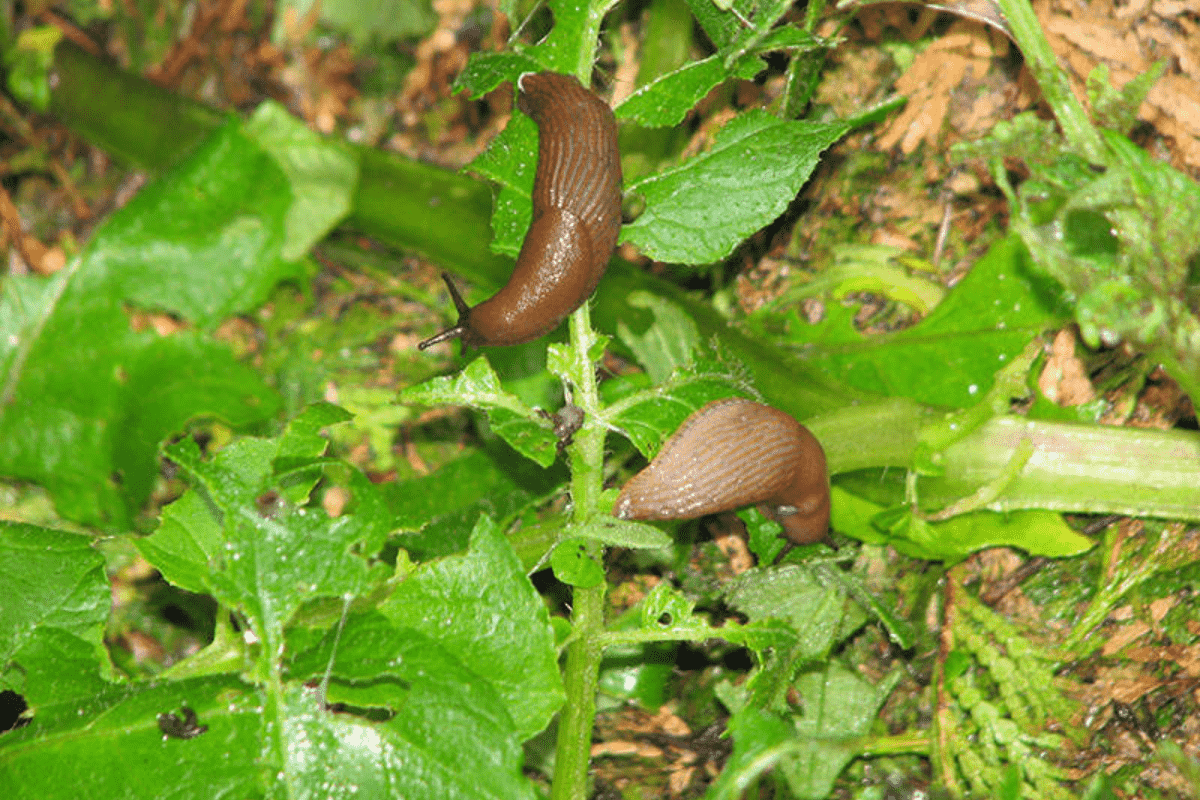
Slugs are a nuisance for gardeners, but they can also cause damage to your home.
While slugs may not be able to eat through walls or ceilings, their feeding habits and numbers can cause serious problems. If you have an infestation of slugs, you might notice:
1) Droppings. Slugs leave behind a trail of slime when they move across surfaces.
This slime contains bacteria that can lead to mold growth. Mold spores can easily spread throughout your house, making it difficult to keep clean.
2) Stains. Slugs are known for leaving stains on wood furniture and floors.
Not only do these stains look unsightly, but they can also attract ants and termites. These pests can eat into your floorboards and destroy your property.
3) Dampness. Slugs don’t just feed off of food; they also use moisture to survive. If you notice that your basement or crawl space is dripping, then you probably have a slug problem.
In a garden, slugs can cause damage by eating your plants. They will eat just about any leaves, but they are especially fond of lettuce and spinach.
When they eat your greens, they’ll leave behind slimy trails that can make your plants look unkempt.
In addition, slugs can carry diseases that could harm your plants, including botrytis blight (a fungal disease), powdery mildew (another fungal disease), and anthracnose (a bacterial disease).
Can Slugs Be Useful In Your Garden?
Yes! You can use slugs to your advantage. For example, they can be used to control aphids. Aphids are tiny bugs that suck the juices out of plants.
A healthy plant has enough nutrients to fight back against aphids, but if the number gets too high, then the plant will begin to wilt. To combat aphids, simply release some slugs into your garden.
The slugs will eat the aphids, which means less work for you.
You can also use slugs as composting material. Simply collect them in buckets and place them outside during the summer months.
As the temperature rises, the slugs will start to break down your garden compost heap, turning your big pile of garden waste and leaves into happy, healthy nitrogen-filled fertilizer that will benefit your plants enormously.
You can even use slugs to attract other beneficial wildlife to your gardens such as frogs, birds, snakes, etc.
All of these animals need something to live on. By providing them with slugs, you’re giving them a free meal.
How To Naturally Repel Slugs
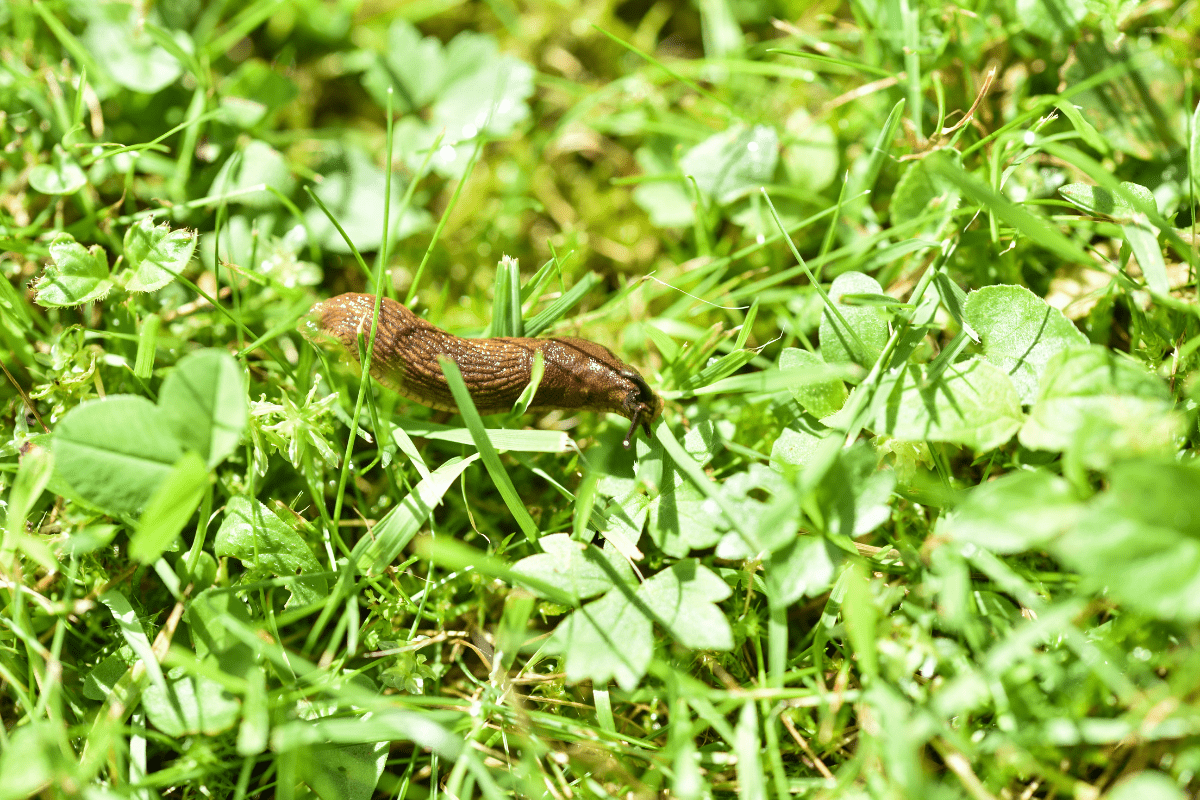
Before going on that killing spree, the best line of defense is to simply make your garden less appealing to slugs in the first place, thus eliminating the need to strike them off their mortal coil.
Slugs may not be your favorite creatures, but when they’re not chowing down on your plants, they are still a vital part of the ecosystem and should be treated as such!
To naturally repel slugs from your garden, there are four main things you should focus on:
1) Avoid using pesticides. Pesticides aren’t good for your health, and they certainly won’t help your garden. Sure, you may just get rid of one wave of slugs, but at what cost?
If you have children or pets that like to enjoy your garden along with you, then you should absolutely banish any idea of using pesticides from your brain.
2) Use natural pest repellents. There are many different ways to keep slugs away from your garden. One way is to sprinkle crushed garlic around your garden beds.
This will deter slugs from entering your garden because it smells like an anthill. Another method is to add dried rosemary or thyme to the soil around your plants. Both herbs have a strong scent that will drive slugs away.
3) Plant slug-proof plants. Some plants are known to attract slugs, so don’t plant those types of plants near your garden.
Instead choose things like marigolds and black-eyed Susan, flowers known to repel these slimy invaders.
If you do want to grow certain plants that slugs love, make sure to protect them with a floating row cover. Floating row covers are plastic sheets that float above the ground.
It keeps the sun’s rays from reaching the roots of your plants, and it helps to prevent weeds from growing underneath.
4) Keep your garden well maintained. Clean up any debris that might get left behind after gardening. When you maintain your garden properly, you’ll notice fewer pests and more beautiful blooms.
Preventative Measures
A few other things you can do to prevent slugs from coming into your garden are listed below:
Make A Barrier
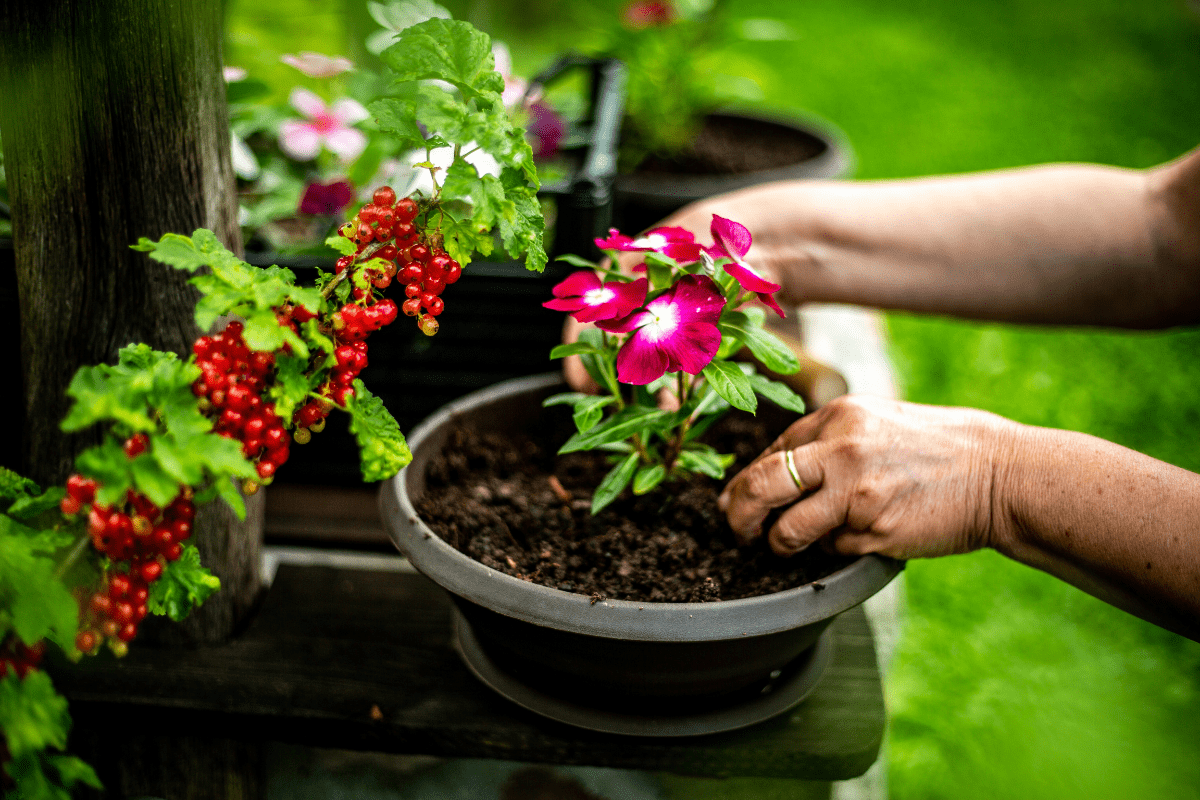
If you see slugs crawling across your path, then you know they’ve made it past your barriers. To stop this from happening, you should build a barrier between your garden and the rest of the world.
The easiest way to do this is to lay some old carpet over your grass. Then, cut out holes for each flower pot or container.
Once the holes are cut out, put a piece of cardboard inside each hole. Finally, fill each hole with gravel.
This will create a barrier that prevents slugs from crawling through your lawn. Other great barriers include eggshells, coffee grounds, wood ash, and sand.
Clear Up Garden Debris
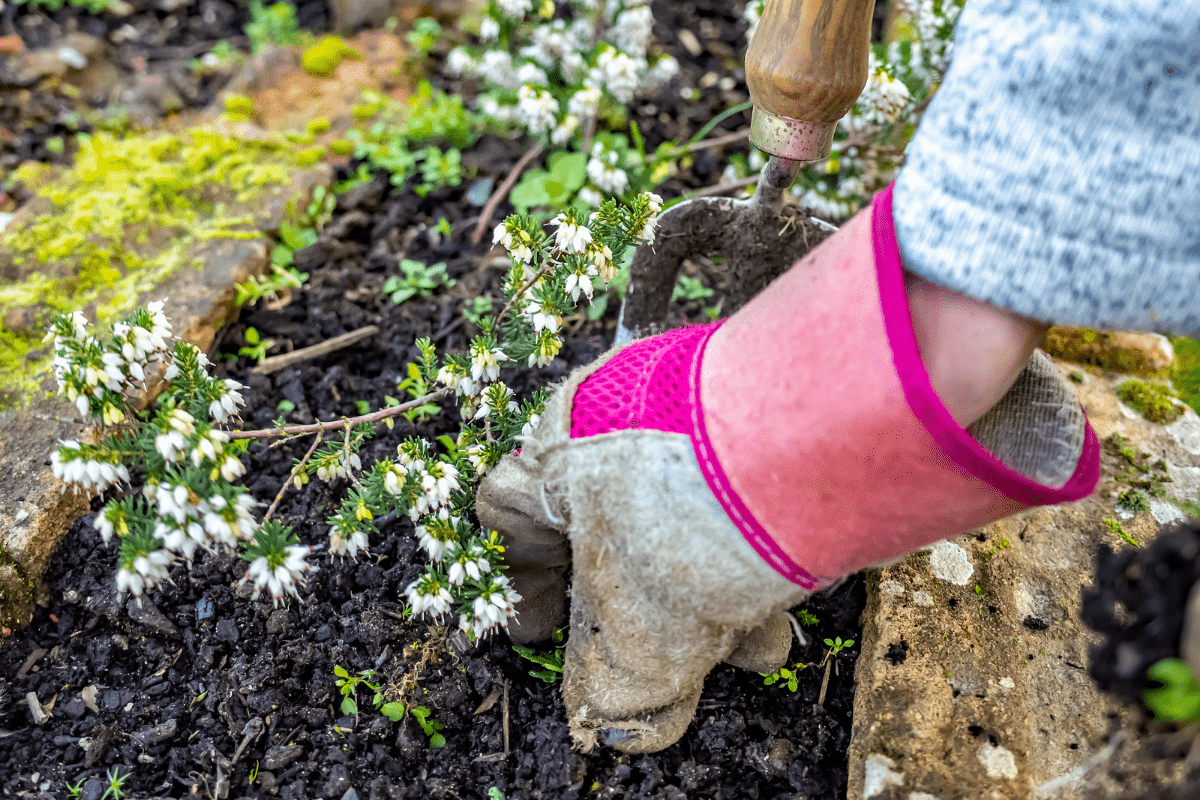
When you clear up your garden debris, you’re helping to eliminate food sources for slugs.
You should also remove any fallen leaves from your garden beds. Leaves are great places for slugs to hide during the day. They can even crawl back into the leaf once it starts raining again.
Keep An Eye On Plants
When you walk through your garden, look at every plant carefully. Look for signs of damage, such as missing leaves or wilted flowers.
If you spot these problems, take action immediately. Don’t wait until the problem gets worse.
Ways To Get Rid Of Slugs
So, you’ve done all you can to keep slugs out of your garden but alas, they are here! Read on for some natural ways to get rid of them.
Put Slug Traps In Each Bed
Slug traps work best when placed in areas where there are lots of slugs. Place one trap in each garden bed. Make sure the trap has a lid that closes tightly.
Then, place a small amount of bait in the center of the trap. After a couple of days, check the trap to see if any slugs have crawled inside. If they have, toss them out.
Manually Removing Slugs
You may not be able to use a trap, but you can still manually remove slugs from your garden. Simply grab a handful of dirt and pull up the slugs.
You can put slugs straight into a bucket of soapy water to kill them instantly, or collect them to feed to predators such as birds and frogs (away from your lovely plants of course!).
Use Slug Bait
This method works by attracting slugs to an area where they’ll be easy to catch. Sprinkle some cornmeal around your garden beds. Then, sprinkle some beer along with the cornmeal.
This combination attracts slugs because they love beer and corn. Once you have attracted them, you can easily pick them out and kill them.
Final Thoughts
There’s no doubt that slugs are annoying little creatures. If you’re like most people, pests aren’t something you want to deal with. Whether it’s ants, cockroaches, termites, or other bugs, they can wreak havoc on your home.
Fortunately, there are many things you can do to prevent these pests from invading your property. You don’t need to give up your garden just yet. With a bit of effort, you can keep them away without resorting to chemical pesticides.

